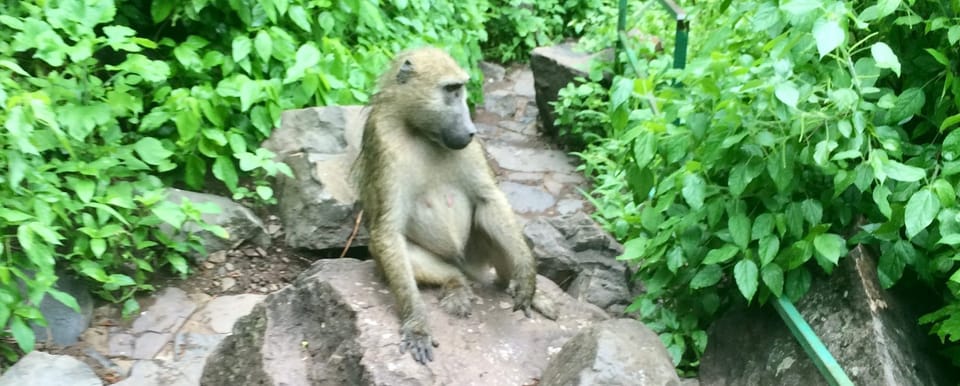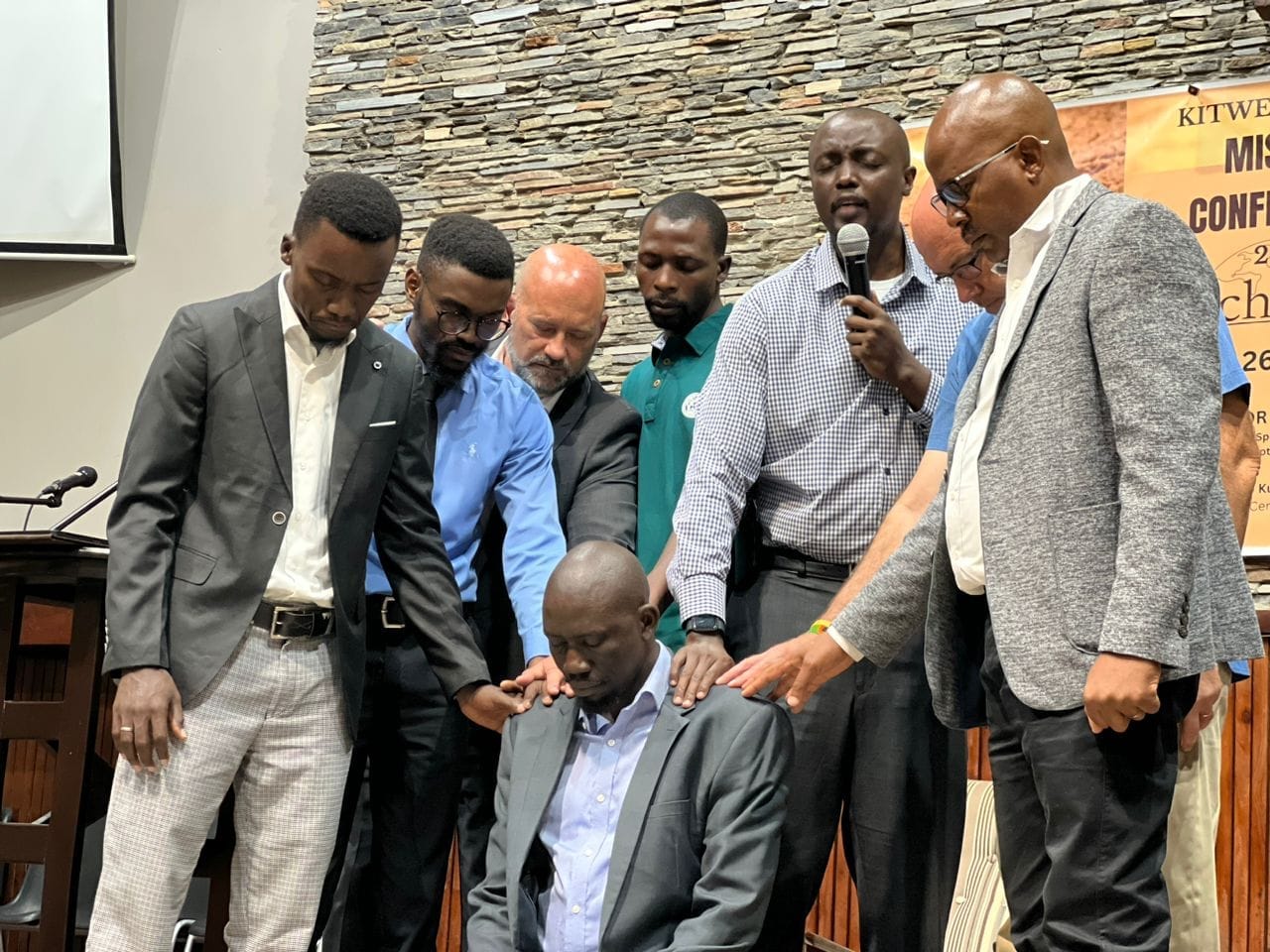How to Catch A Monkey

Monkey meat is a delicacy in many African nations, but monkeys are a bit too smart to catch easily. The African hunter has an ingenious and pragmatic method for catching a monkey. He gets a large gourd and chisels a hole just big enough for a monkey to squeeze his hand through. He tightly ties the gourd to a rope that is strongly secured to a tree. Then, he takes ground nuts (like peanuts) or another irresistible monkey snack and puts them in the gourd.
Quickly, he catches a monkey. Why? Because once a monkey puts his hand in the hole and fills it with peanuts, he will never let go of the peanuts. He cannot bring himself to let go of the peanuts making his hand small enough to free from the hole and escape the hunter. At this point, the hunter merely needs to walk up to the monkey and kill him. The monkey cannot bring himself to let go to escape.
This monkey hunting method is a perfect metaphor for our sin. How many times, like the monkey grasping his prize to his own destruction, do we refuse to let go of our sin that we know will end in our destruction?
But, in light of our move to Zambia, there is another analogy in this story worth exploring, and it centers around the hunter's method. His method for catching a monkey is pragmatic. Exploiting monkey instincts like this just works. So, the hunter doesn't think twice about using it.
Are there methods that we might use in the name of winning the lost that are expedient, but actually bring dishonor to our Lord? Paul would answer, "Certainly!" He was adamant that he wanted to avoid pragmatic methods:
Therefore, since through God’s mercy we have this ministry, we do not lose heart. 2 Rather, we have renounced secret and shameful ways; we do not use deception, nor do we distort the word of God. On the contrary, by setting forth the truth plainly we commend ourselves to everyone’s conscience in the sight of God (2 Cor. 4:1–2).
Missionary methods do matter. There are "secret and shameful ways" that end up distorting the truth and producing questionable fruit. Worse than that, there are methods we can use that have eternally significant consequences for both our hearers and ourselves.
For instance, going to impoverished African towns and handing out bags of stuff may draw an eager crowd willing to listen to anything and pray a prayer and attend a gathering labeled "church." But, handouts to attract hearers turn the gospel-worker into a benefactor and motivate obedience to Christ through material blessings. What an eternally dangerous method!
As we head towards Zambia, we want to be hyper aware that we can disqualify ourselves in the race by not following the methods laid out for us in the Scriptures. Our methods should reflect that our gospel proclamation is not done for our own fame and success but "in the sight of God."
Jesus Over Everything,
Austin & Rachel Hunt

